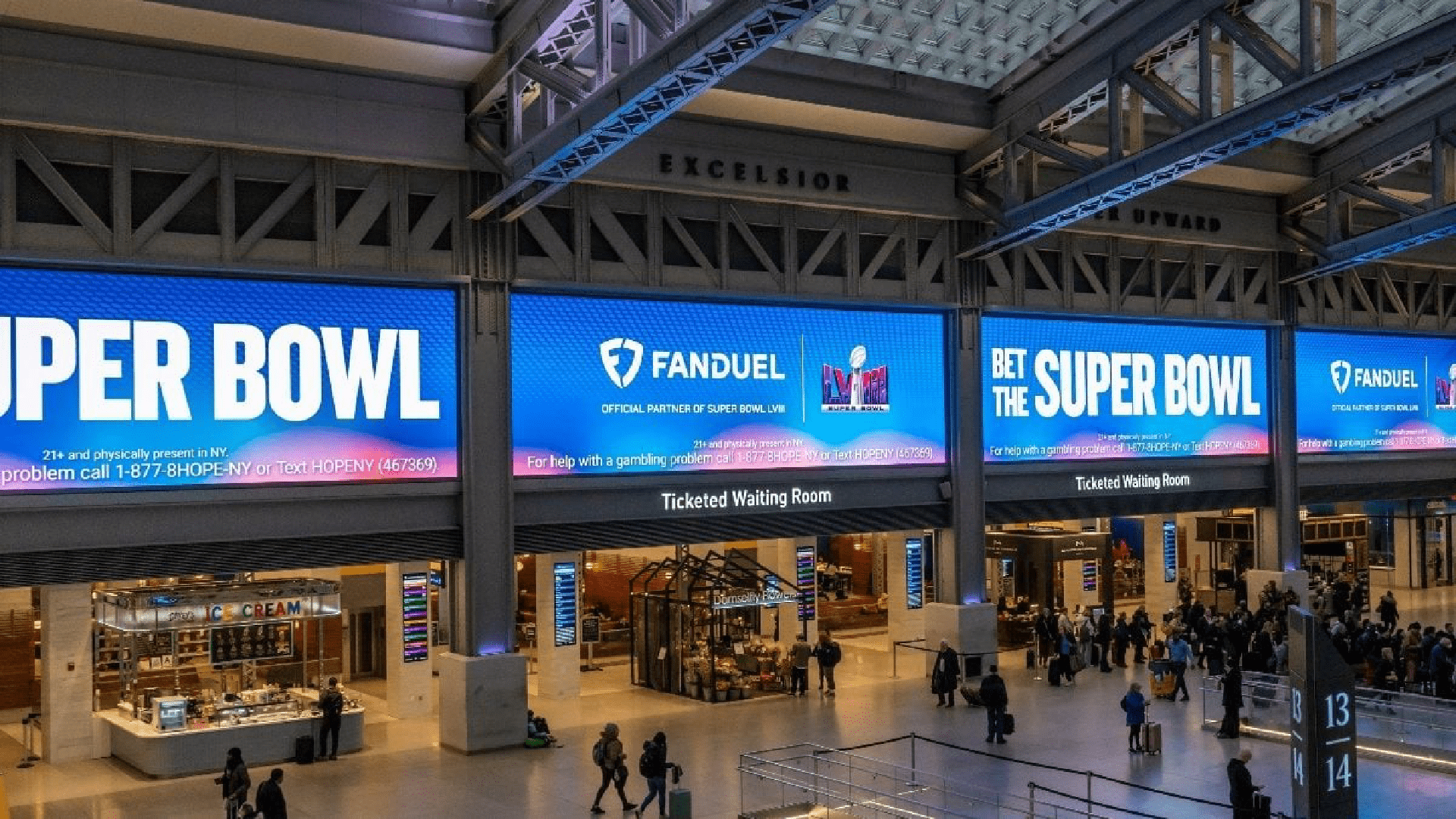U.S. Gamblers Lose $17.6B in Second Quarter, 14th Consecutive Quarter of Growth
During the second quarter, gamblers in the United States incurred losses of $17.63 billion while wagering at commercial casinos, iGaming platforms, and sports betting.
The American Gaming Association (AGA) states that the total gross gaming revenue in the 37 states and Washington, D.C. that permit some type of commercial gaming reached $17.63 billion. This signifies an almost 9% increase compared to the same quarter in 2023 and reflects the most lucrative second quarter in the history of the U.S. commercial gaming industry.
The second quarter of 2024 marked the 14th consecutive growth quarter for the commercial gaming sector. Twenty-four of the commercial gaming regions saw quarterly growth compared to the previous year.
iGaming in the seven states that allow online casino slots and table games hit a record $1.98 billion, reflecting a 26% rise boosted by the launch of Rhode Island's iGaming market in March.
Last year, sports betting grew in Kentucky, Maine, North Carolina, and Vermont, leading oddsmakers to boost their total to $3.16 billion, a 35% increase. Across the country, commercial bookmakers handled around $31.75 billion in wagers.
Traditional gaming, or gambling within casinos, experienced a slight revenue increase of 1.8% to reach $12.49 billion. That modest increase occurred even with new casinos launching in various states.
Growth and Concerns in Traditional Gaming
As sports betting remains at the forefront of the gaming industry news, and various states are considering the legalization of iGaming—a sector that generates significantly higher tax revenue than sports betting—the AGA reports that progress was observed in traditional gaming from April to June.
“While sports betting and iGaming continued to drive overall industry revenue growth in the second quarter, new brick-and-mortar property openings in Illinois, Nebraska, and Virginia also led to rising traditional commercial gaming revenue,” said AGA Vice President of Research David Forman.
Forman warned, however, that the retail gaming sector is experiencing revenue slowdowns in specific markets. Persistent rising expenses for everyday essentials have been cited as the cause for decreased consumer spending on nonessential items and leisure activities such as casino gaming.
"Across the country, land-based gaming markets are seeing mixed year-over-year comparisons due to slower consumer spending economy-wide, which may continue to be a factor through the remainder of 2024,” Forman said.
The Louisiana Gaming Control Board announced yesterday that revenue from in-person casinos dropped by 6% in July. Illinois casinos saw a nearly 2% decline in gross revenue, while Virginia casino winnings decreased by 3%.
In New Jersey, the second wealthiest gaming state after Nevada, the nine casinos in Atlantic City reported a decline in in-person attendance of over 6%.
Growth from the Start of the Year
Over six months, the AGA reports that total gross gaming revenue was nearly $35.5 billion, increasing by approximately 8% compared to the same period in 2023.
Winnings from sports betting rose by 29% to $6.67 billion, while iGaming operators earned $3.95 billion, nearly 26% more. Retail casino gaming income increased by 1.1% to reach $24.83 billion.
Last year's commercial gaming revenue reached an all-time high of $66.5 billion. It signified the third consecutive annual record for the industry.
The AGA is the national association that advocates for the interests of commercial and tribal gaming in the capital and throughout state governments. The lobby aims to promote policies and business settings conducive to the growth of legal, regulated gaming.
The AGA is against offshore sites that promote illegal iGaming and sports betting and is actively campaigning in states where contentious grey gaming machines known as “skill games” function, particularly in Pennsylvania, Virginia, Kentucky, Missouri, and Illinois.
The AGA’s quarterly financial report excludes income from tribal casinos, tribal sportsbooks, lottery earnings, or any other regulated gambling activities.











